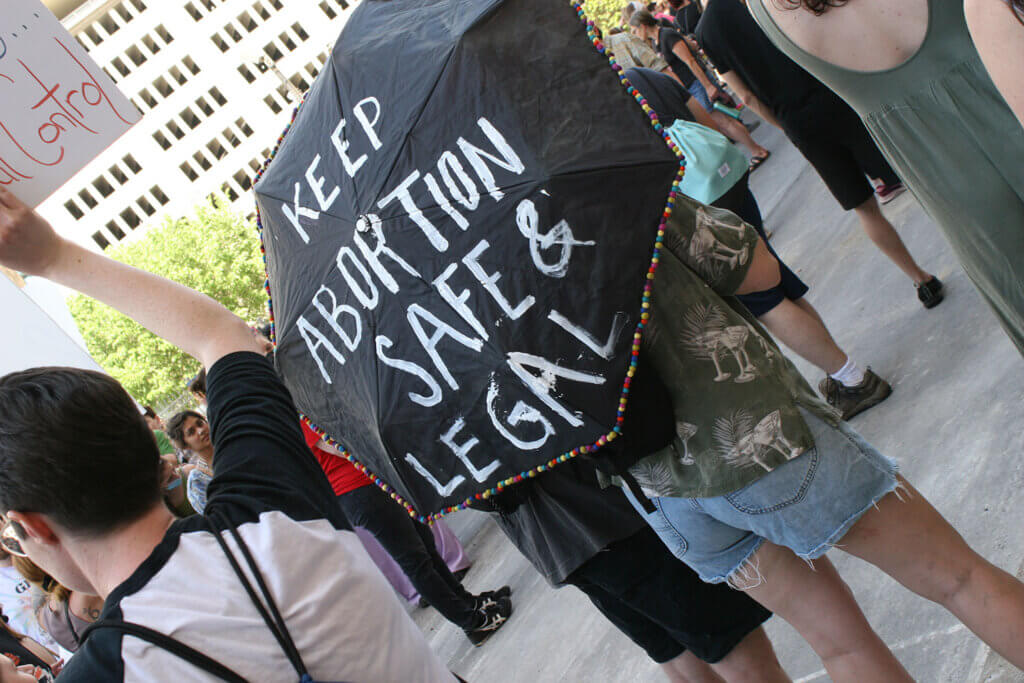The year 2024 marks a pivotal moment for reproductive rights globally, with at least 64 national, presidential, or parliamentary elections occurring worldwide. This expansive electoral landscape underscores the profound influence these elections will have on the future of sexual and reproductive health and rights for generations to come.
MSI Reproductive Choice’s analysis reveals that approximately 823 million women of reproductive age reside in countries holding elections this year, representing nearly half of all such women globally. The outcomes of these elections will directly impact the rights of millions, especially in countries like the United States, whose policies and funding decisions exert significant influence worldwide.
Our report explores what’s at stake in elections around the world. You can read the full report below – zoom in to read more, or click the download button.
In Mexico, the historic presidential election with two female candidates coincides with heightened awareness of gender-based violence and bold commitments to women’s rights, including abortion access. However, challenges persist, such as limited access to abortion services even in states where it is decriminalized, highlighting the need for comprehensive support beyond legal reform.
In Ghana, the looming threat of anti-LGBTQIA+ legislation underscores the influence of international anti-choice groups and the importance of civil society advocacy in defending sexual and reproductive rights.
Similarly, in Madagascar, where abortion laws are among the strictest globally, electoral dynamics present an opportunity for change, particularly with the support of a Reproductive Justice Network within Parliament.
The specter of the United States’ Global Gag Rule looms large, with the outcome of the U.S. presidential election threatening to further restrict access to essential reproductive healthcare services around the world. The policy’s reinstatement by Republican presidents, most notably Trump, has had devastating consequences, depriving millions of women of vital care and contributing to increased unintended pregnancies and unsafe abortions.

In this critical juncture, the importance of reproductive choice cannot be overstated. It not only empowers individuals to make decisions about their bodies but also underpins broader human rights and democratic freedoms. As reproductive choice takes center stage in the ballot box, stakeholders must unite to safeguard sexual and reproductive health and rights, ensuring that everyone has the autonomy to shape their futures.